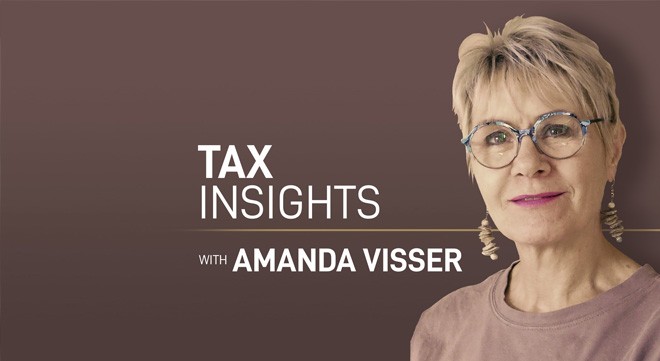
Zero-rated chicken will have minimal impact on tax revenue, report finds
Advocates say including certain chicken products in the zero-rated food basket will directly benefit poorer households that rely on bone-in cuts and offal.

Advocates say including certain chicken products in the zero-rated food basket will directly benefit poorer households that rely on bone-in cuts and offal.
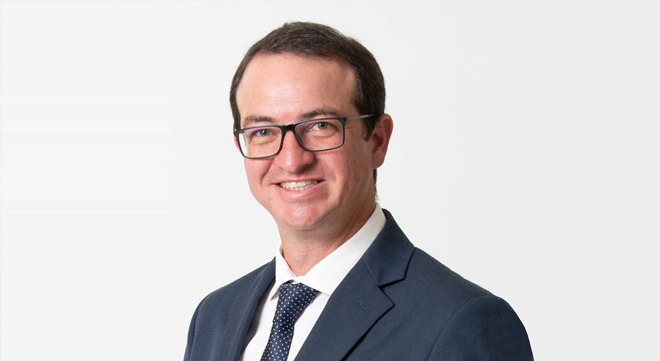
Deputy DG Christopher Axelson tells Parliament Treasury will prioritise improved revenue collection and closing loopholes rather than further rate increases.
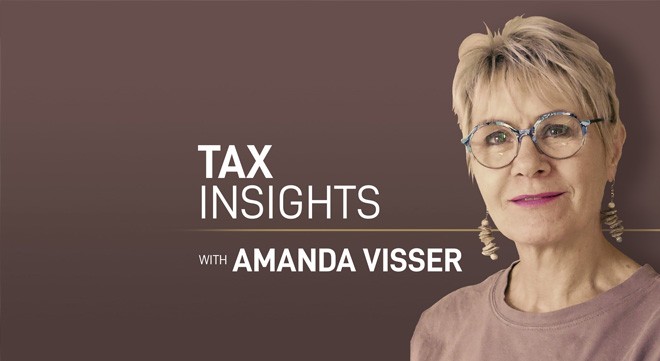
The MTBPS raises the 2025/26 gross revenue estimate by R19.7bn but warns of a R15.7bn shortfall against Budget estimates for 2026/27.

Even after record withdrawals, retirement fund assets expanded in the third and fourth quarters of 2024, driven by movements in financial markets.
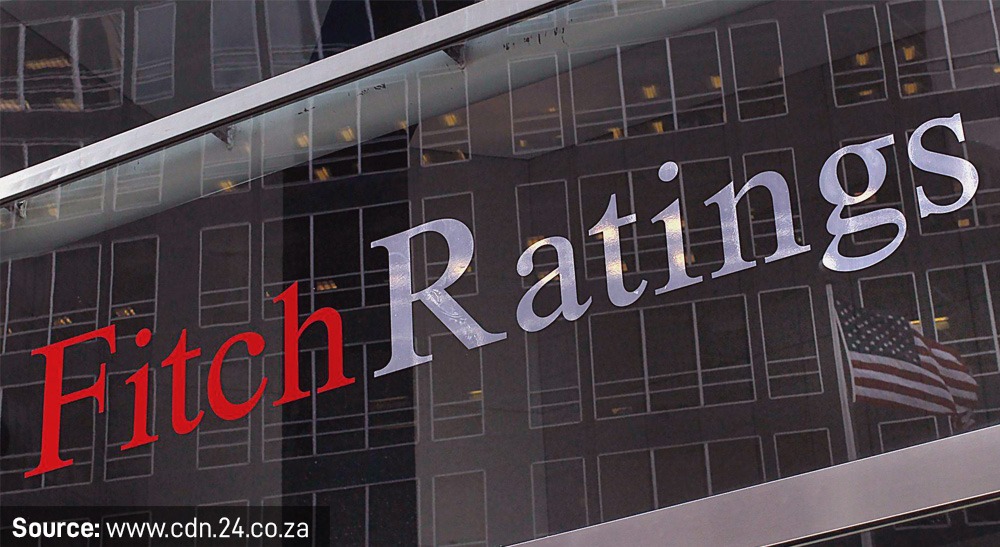
National Treasury forecasts a narrowing deficit, from 4.8% of GDP in 2025/26 to 3.8% in 2026/27. Fitch, however, projects larger deficits of 5.1% and 4.5% respectively.
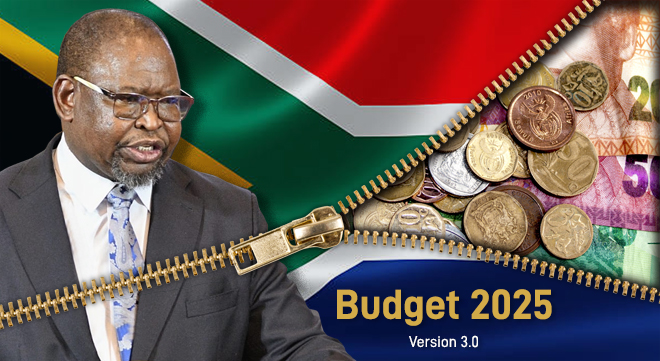
The revised Budget reveals the hard truth: with limited borrowing room and rising demands, Treasury must make tough calls on what to fund – and what to cut.
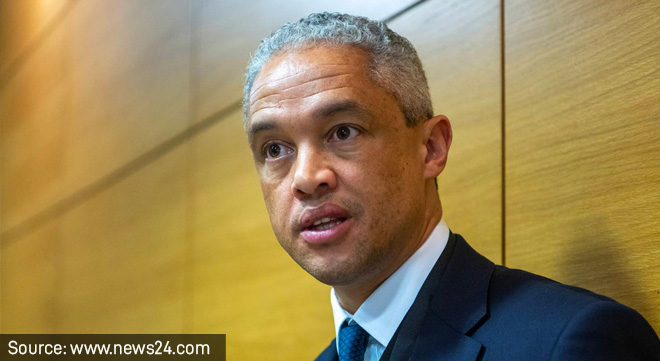
The Budget Overview outlines plans to overhaul public spending processes, aiming to identify inefficiencies.

Sanlam reports that most withdrawals came from financially strained members in mid-life, with little evidence that funds were used to reduce debt. Instead, spending patterns suggest pressure to cover everyday expenses.
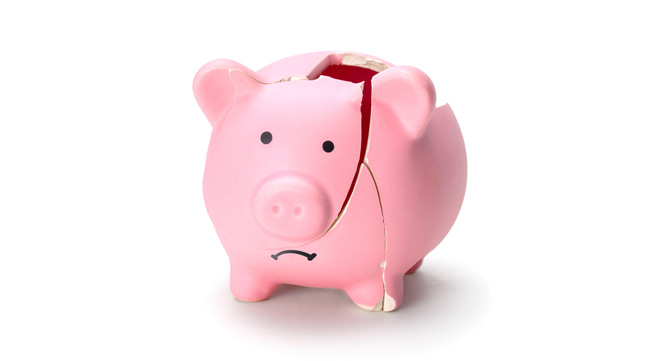
Danie van Zyl of Sanlam Corporate Investments warns that allowing access to retirement components in retrenchment cases might jeopardise long-term savings and place added pressure on trustees.
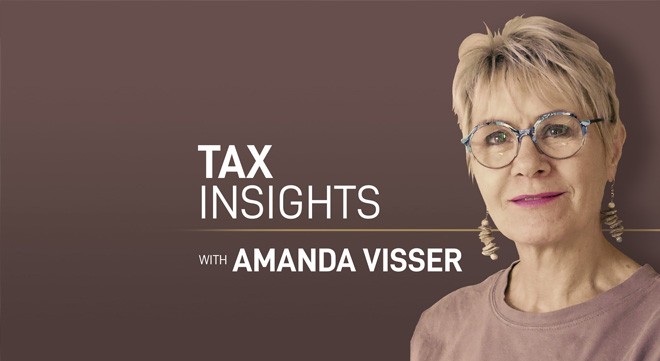
The Minister of Finance cites an average 19% VAT among peers to argue that South Africa’s 15% rate is low, but isolated comparisons miss key factors such as exemptions, corporate rates, and overall business costs.
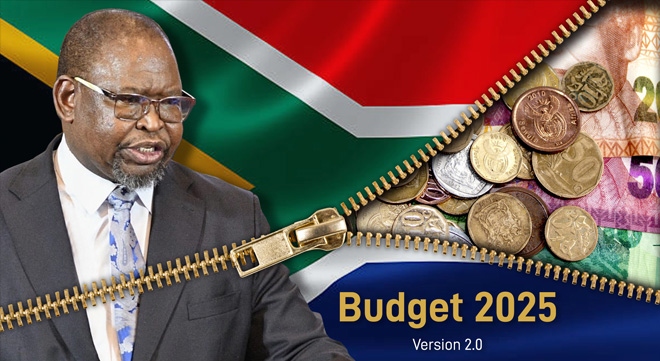
With the government now R8.6 billion short, planned social grant increases have been slashed – while Home Affairs and border management also see deep budget cuts.
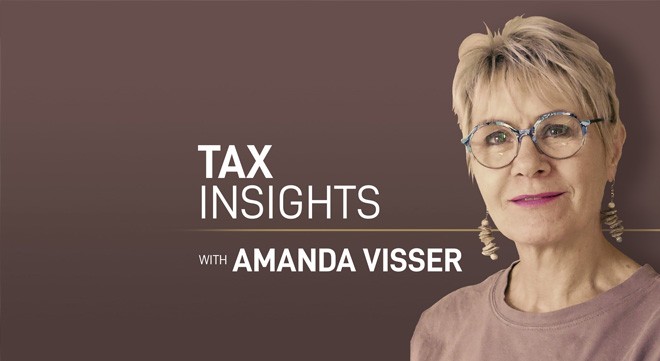
Experts slam the idea of a VAT increase, pointing to a record tax burden and bloated expenditure. From uncollected billions to inefficient governance, the real fix lies in reining in waste, not squeezing taxpayers.
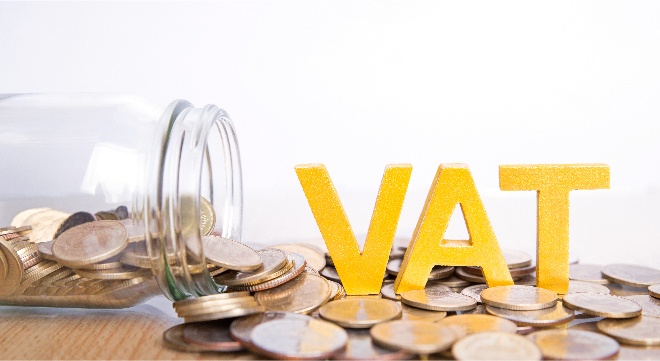
Instead of hiking VAT, the government could fix its tax collection problems, improve state resource management, and stimulate the economy to boost revenue.
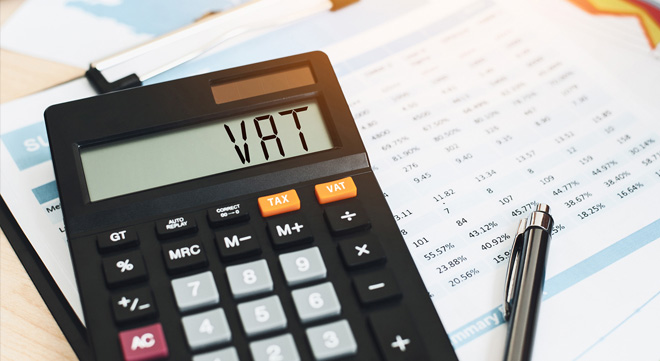
The VAT hike could add R58bn to government revenue, but with coalition partners clashing over its impact on ordinary South Africans, the debate over how to fund critical services without deepening the cost-of-living crisis is far from settled.
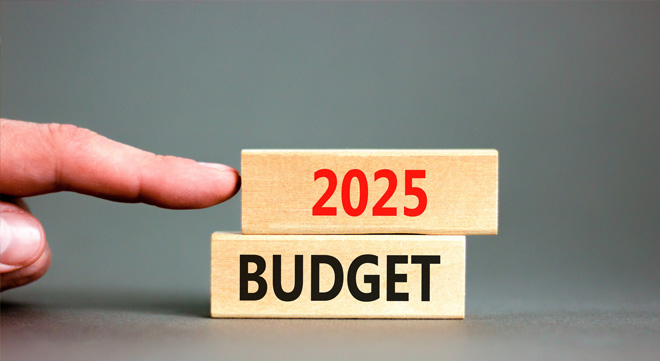
With South Africa’s debt-to-GDP ratio at 75.1%, Finance Minister Enoch Godongwana faces a tough balancing act – can his Budget Speech reassure investors and spark economic growth?
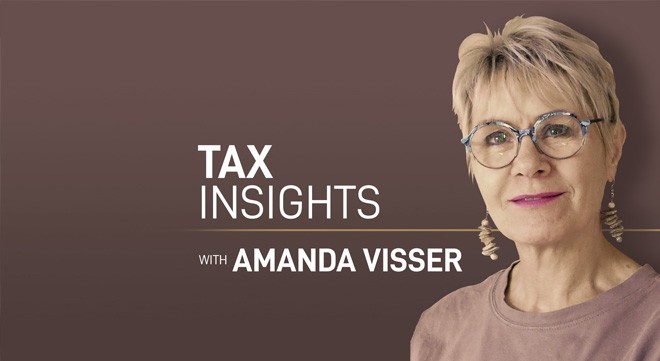
A dip in corporate and VAT revenues has left a R10bn hole in expected tax collections. As the Budget approaches, Treasury faces a difficult balancing act.

This is double the initial estimate of between R5bn and R6bn.